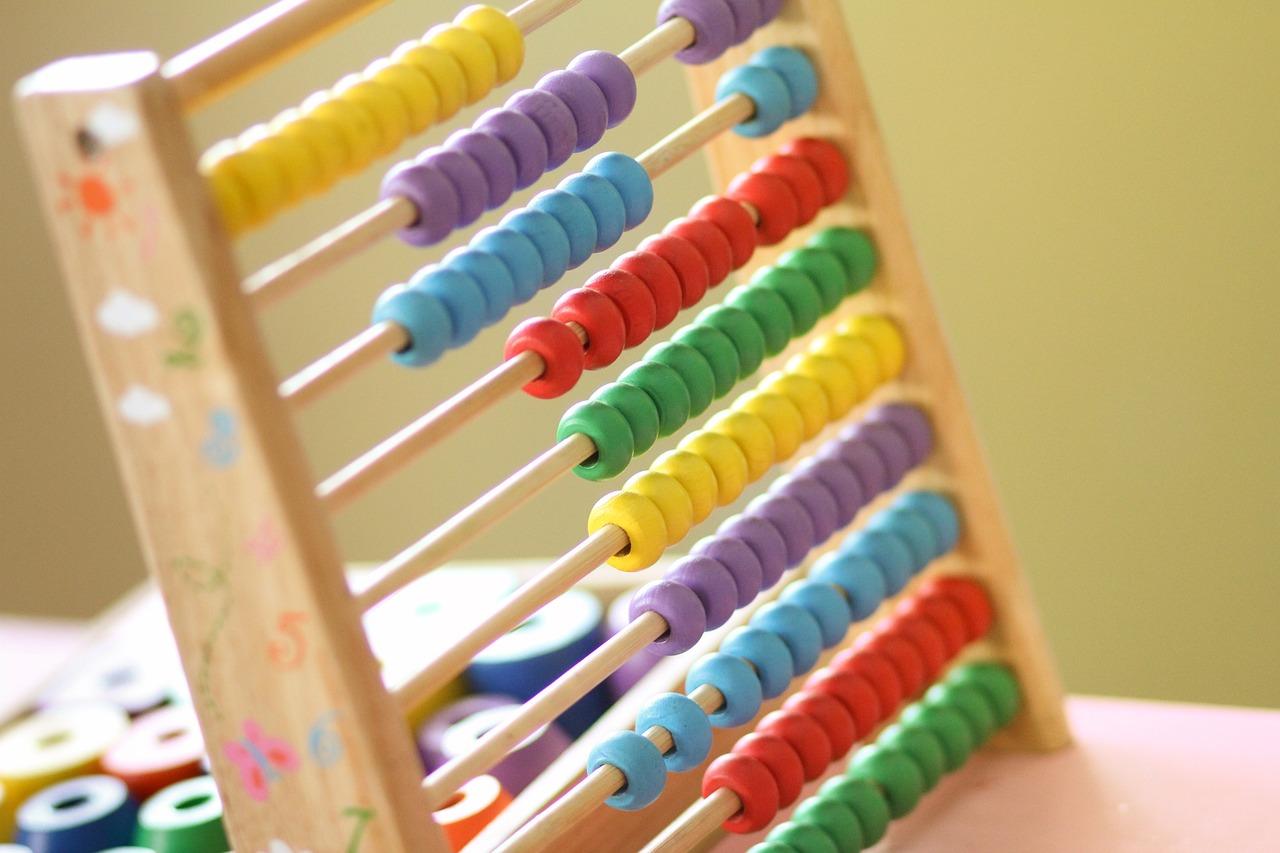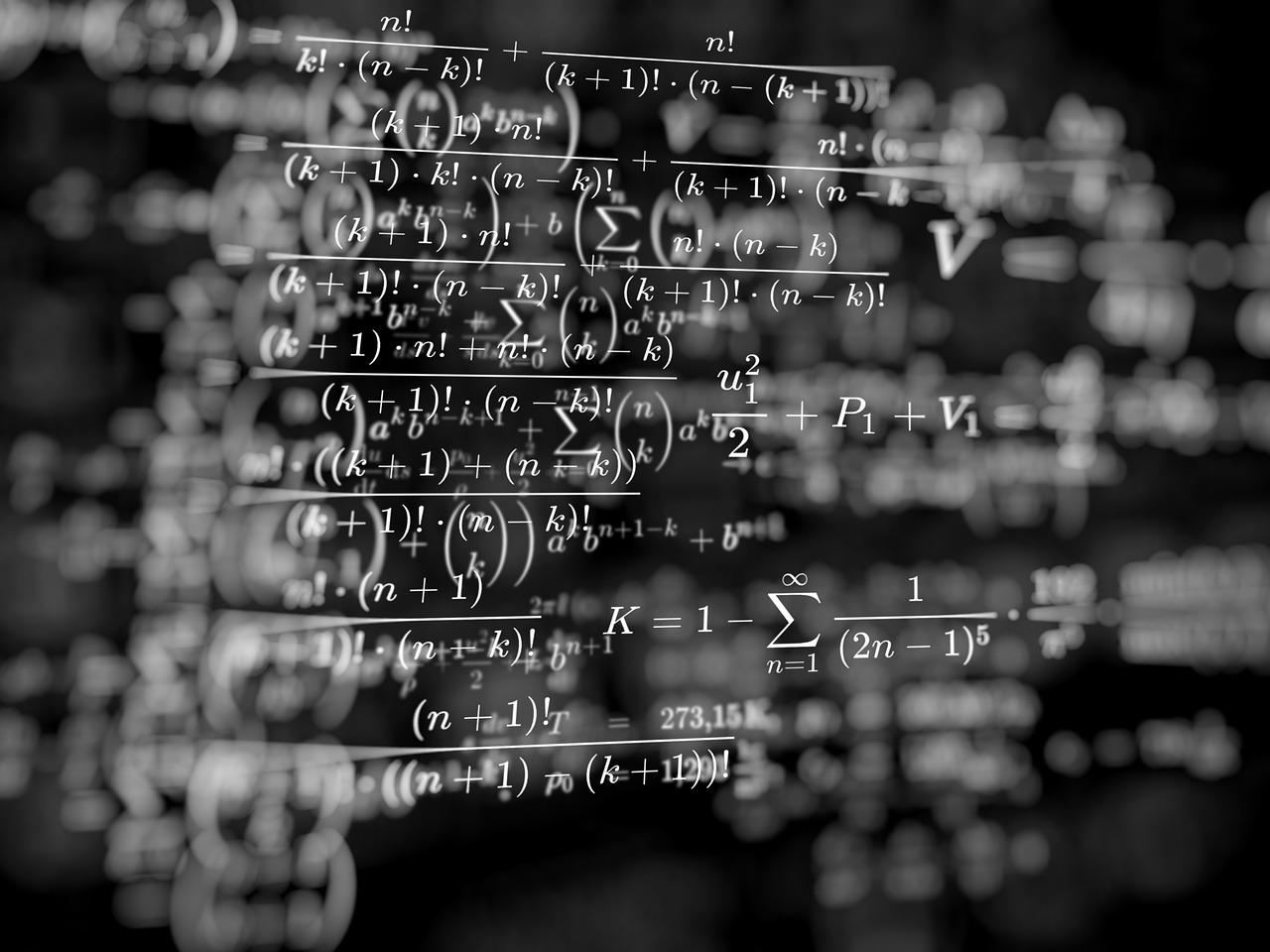Mathematics has played an important role in the development of Indian culture since Vedic times. Swami Vivekananda, who leapt into fame at the Parliament of Religions held in Chicago in 1893, had once said, “You know how many sciences originated in India. Mathematics began there. You are even counting 1, 2, 3 etc. to zero, after Sanskrit figures, and you all know that algebra also originated in India.”
Therefore, following the tradition and being fascinated by the concepts provided by many mathematicians there are probably many reasons why a person should have a career in maths. If a candidate is in search of varied options in a single subject, then, Maths is the option that he should opt for. It is high time we know about the many careers prospects that the subject has to offer.
Once a student chooses to study mathematics, it opens doors to abundant opportunities. One can opt for many career options like Engineering, Computer Science, Insurance, Astronomy, Banking and Accountancy. Students will also have a wide scope in teaching and research fields.

History of Mathematics in India
The Satapath Brahmana, which is a part of the Shukla Yajur Veda, contained detailed descriptions of the geometric constructions of altars in yajnas. The Shulba Sutras, supplementary to the Vedas, contained the famous theorem commonly attributed to Pythagoras. It also introduced the concept of irrational numbers. Among many great mathematicians in the world, many of the places are occupied by the Indian mathematicians and astronomers of the classical era. Some of them are Aryabhata I (500 CE), Bhaskara I (900 CE), Brahmagupta (700 CE), Aryabhatta II (1000 CE), Bhaskaracharya (1200 CE) and many more. These great mathematicians surely become a great inspiration to the ones who want to build a career in Maths.
How to Become a Professional Mathematician
Before we dive ourselves into the discussion of how to become a mathematician, we need to understand what exactly makes a mathematician. Though some people define mathematicians as “people who work with numbers” this is only true to a small part. Number sense is only one strand of mathematics. It is a subject that encompasses pattern and function, shape and space, measurement and data in addition to operations and number sense.
Some mathematicians conduct research in fundamental concepts while some work in the application of mathematical techniques to Science, Management and other fields.
To have a career in mathematics, it is necessary for the person to follow a thought process where he can survey abstract theoretical problems and then apply those theories to solve the problems in various disciplines like Economics, Physics, Chemistry etc. One should also possess good reasoning to identify, analyse, and apply the basic principles to technical problems.
Learning Mathematics in School
Mathematics is a fundamental part of human thought and logic. It helps in the growth of logical reasoning among the students and provides a constructive way of building mental discipline. Mathematics also plays an important role in the understanding of other school subjects like science, social sciences etc.
Therefore, a person’s journey to have a career in Maths begins a lot before he starts studying the subject in college and universities.

Mathematics is a fundamental subject that helps develop logical and analytical thinking skills. It also has applications in various fields, including science, engineering, finance, and computer science.
Studying mathematics at the school level is highly beneficial for several reasons:
Develops critical thinking and problem-solving skills: Mathematics is a subject that requires logical reasoning and analytical thinking. By studying math, you develop skills such as problem-solving, pattern recognition, logical deduction, and data analysis. These skills are valuable not only in mathematics but also in various other fields and real-life situations.
Enhances quantitative literacy: Mathematics equips you with the ability to interpret and analyze numerical information. It improves your numeracy skills, allowing you to make informed decisions based on data and quantitative reasoning. This is essential in fields such as science, finance, engineering, and statistics.
Provides a foundation for higher-level math: A strong foundation in school-level mathematics sets the stage for studying more advanced math subjects in higher education. It forms the basis for fields like calculus, algebra, geometry, trigonometry, and statistics. These advanced math concepts are often required in college-level courses and can open up opportunities for pursuing careers in STEM (Science, Technology, Engineering, and Mathematics) fields.
Seek extra help when needed: If you're struggling with a specific topic or concept, don't hesitate to seek help. Talk to your math teacher, ask questions during class, or consider hiring a Math Tutor. Sometimes, a different perspective or additional guidance can make a significant difference in your understanding.
Learning Maths at College and University
To have a career in Maths after 12th standard, the students are required to pass their 10+2 or its equivalent exam in Science Stream with Mathematics as one of the subjects. Then only the candidates are eligible to pursue mathematics for higher studies. The students complete their graduation with Maths as the main subject along with two other elective subjects. Some of the Maths graduate-level courses popular in India are:
- A (Hons.)(Mathematics)
- MSc (Mathematical Science)
- Com (Business Mathematics)
- A (Business Mathematics)
Bachelor’s Degree in Mathematics helps train students on important skills of mathematical reasoning. Some of the subjects included in the degree in various colleges and universities all over India are:
- Integral Calculus and Trigonometry
- Advanced Calculus
- Numerical Analysis
- Differential Calculus
- Vector Analysis and Geometry
- Abstract Algebra
- Analysis
- Differential Geometry
In some metropolitan cities in India like Delhi, Mumbai, Pune, Kolkata etc., the Master’s Degree in Maths also plays an important role in getting a good job. This curriculum mostly includes assignments, projects, seminars and analyzing a large amount of numerical data. Some of the subjects offered in almost all universities regarding M.Sc mathematics are:
- Real Analysis
- Probability Theory
- Linear Programming
- Elasticity
- Field Theory
- Topology
- Geometry of Numbers
After completion of their Master’s Degree, students may either look for a job or go into the research field by pursuing M.Phil or PhD in mathematics. There are a number of universities in India that provide research programmes. But getting into a research program can be tough as the entrance exams conducted for admission in doctoral programs are quite competitive. Most of the universities offering doctoral programs require the candidates to qualify for CSIR-UGC NET for JRF, UGC-NET for JRF, NBHM Screening Test or GATE.
Apart from these, some universities conduct their own Entrance Exams. Also, there are multiple options available before opting a Master's Degree. In that case, there are also entrance examinations a student has to pass. For instance, MBA, exams like CAT, GMAT, XAT are required to get through.

Maths Doctoral Programs in India are divided into two forms:
- Pure Mathematics
- Applied Mathematics
Therefore, it is important that the candidate makes a choice while opting for a doctoral Program. But regardless of what field the candidate chooses, in the first two years, the candidate will have to attend seminars, classes and guest lectures by other mathematicians. Some of the subjects offered in PhD mathematics are:
- Algebraic Topology
- Probabilities: Limit Theorems
- Functional Analysis
- Complex Variables
And when students get free time during the studies, they may enrol in some online courses on some side subjects such as Mathematical Physics or Bio-Statistics. This will also help the candidate in preparing his dissertation. The Indian Government encourages the students for research programs by providing a scholarship.
Now that a candidate has crossed his fourth step in his journey to become a professional Mathematician, he must decide whether he wants to be satisfied with his degree or he wants to build a professional career.
Find Vedic Maths tutorial here on Superprof.
Go the Extra Mile
Candidates may face many situations during their studies where they may feel that the best option then would be to quit, which may finally lead to short-term or long-term failures. But the one who will not panic and find ways of fighting the obstacles will always be the winner. If candidates want to outshine in the field of maths, they are required to put an extra dose of determination and perseverance to reach his goal.
Job Opportunities in Mathematics
All the highest paying jobs in India are directly or indirectly related to Mathematics. After a candidate completes his graduation in mathematics he will have various career options in maths available in both government and private sectors. Jobs for maths graduate include career prospects in the research organisations, banking sectors, PSUs and technical branches. Apart from these, the mathematicians are appointed as Assistant Professor, Reader, Professor and Associate Professor in various colleges and universities. Trained mathematicians also have job opportunities in Defence Research and Developmental Organisations (DRDO), Indian Space Research Organisation (ISRO), Bhaba Atomic Research Centre (BARC), National Aeronautical Limited (NAL) etc. Other than these, there are various other opportunities like working as a Financial Mathematician, Operation Research Analyst and Computer System Analyst.

Here are some potential career paths and job opportunities in mathematics:
Data Analyst/Scientist: Data analysts and data scientists use mathematical and statistical techniques to analyze large sets of data, draw meaningful insights, and make data-driven decisions. They work in industries such as finance, marketing, healthcare, and technology.
Actuary: Actuaries assess and manage risk for insurance companies, financial institutions, and consulting firms. They use mathematical models and statistical analysis to calculate the likelihood of events and determine insurance premiums, investment strategies, and pension plans.
Cryptographer: Cryptographers design and analyze encryption algorithms and protocols to ensure secure communication and data protection. They work in cybersecurity, government agencies, and research organizations.
Research Scientist: Mathematicians can pursue research careers in academia, government research organizations, or private companies. They work on advancing mathematical theories, developing new models, and solving mathematical problems.
Teaching and Academia: Mathematics graduates can become mathematics teachers at various levels, from schools to colleges and universities. They can also pursue academic research and teaching positions in universities, contributing to the advancement of mathematical knowledge. One can sign up on Superprof to give Maths classes.
These are just a few examples of the many career opportunities available to mathematics graduates. The analytical, problem-solving, and critical thinking skills developed through studying mathematics are highly valued in a wide range of industries. The specific career path you choose may depend on your interests, specialization within mathematics, and additional skills you acquire along the way.
Like the old saying, “Practise makes a man perfect”, mathematics is a subject in which one can gain mastery only by practice. Simply memorising the concepts and formula may only help in the short run but will not prove to be a very promising step in the long run. Embrace the challenges, seek support when needed, and maintain a growth mindset. With consistent effort and a passion for the subject, anyone can build a career in maths.
Summarise with AI:















